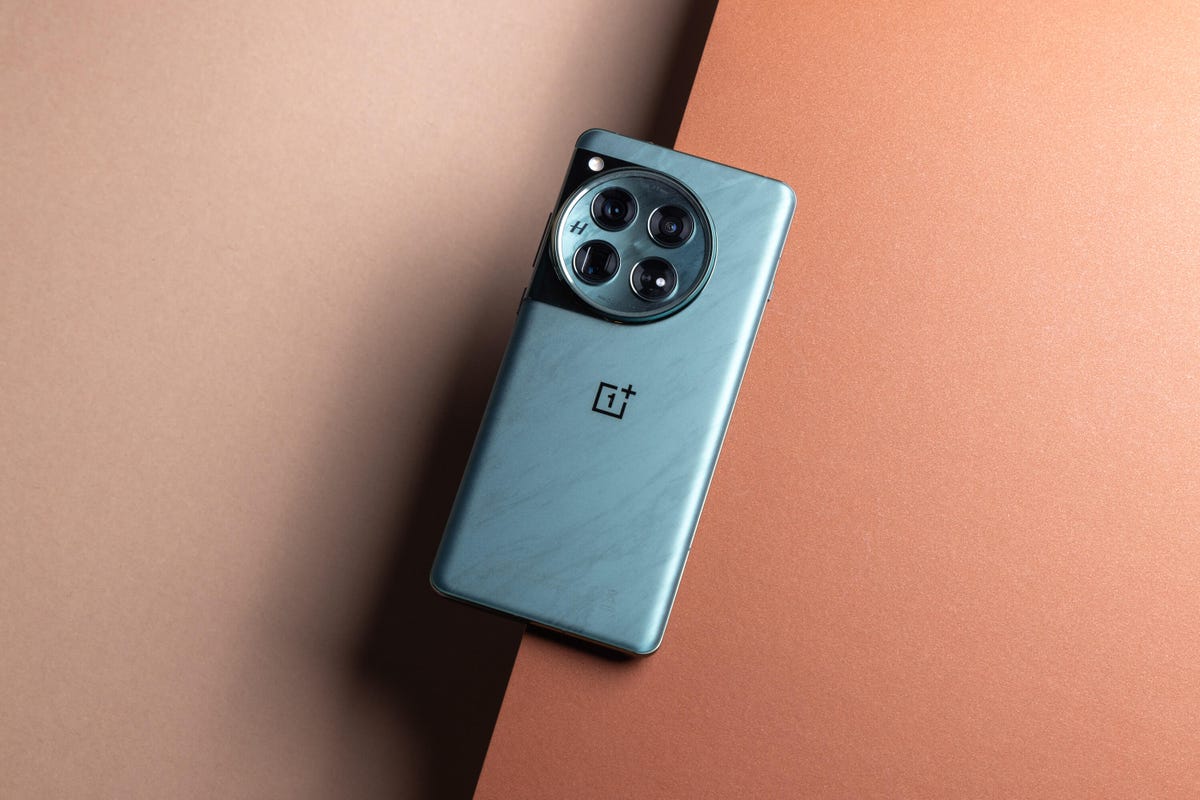
Apple sued over 5GB limit on iCloud
The article discusses a class action lawsuit against Apple over the 5GB limit on iCloud storage. The lawsuit claims that Apple has unfairly marked up iCloud prices, forcing users to purchase additional storage plans due to the insufficient free storage provided. It highlights that iPhone users are limited to using iCloud for full device backups, while other cloud storage options are available for different file types. The lawsuit accuses Apple of monopolizing cloud storage by restricting user choices and compelling them to pay for iCloud storage beyond the free tier.
What’s going on here? The class action lawsuit alleges that Apple has artificially inflated iCloud prices, creating almost pure profit, and limiting users to the 5GB free storage tier. It emphasizes that Apple’s requirement for iPhone users to utilize iCloud for specific file types restricts competition and forces users to subscribe to paid storage plans. The lawsuit aims to challenge Apple’s practice of mandating iCloud for certain file backups and argues that it stifles competition in the cloud storage market.
What does this mean? This legal action sheds light on Apple’s control over iCloud storage and its impact on consumer choices in cloud services. The lawsuit questions the fairness of Apple’s practices in compelling users to pay for additional iCloud storage beyond the minimal free tier, suggesting anti-competitive behavior. It reflects a growing concern about tech giants like Apple leveraging their dominance in one market to limit competition in others, potentially harming consumer interests.
Why should I care? Consumers who rely on iCloud for device backups and storage may be interested in understanding the implications of this lawsuit. It raises questions about competition, pricing strategies, and user autonomy in the cloud storage ecosystem. By following this legal case, users can stay informed about potential changes in Apple’s iCloud policies, which could impact their storage options and costs in the future. Additionally, this lawsuit contributes to ongoing discussions about tech regulation and antitrust issues within the industry.
For more information, check out the original article here.




